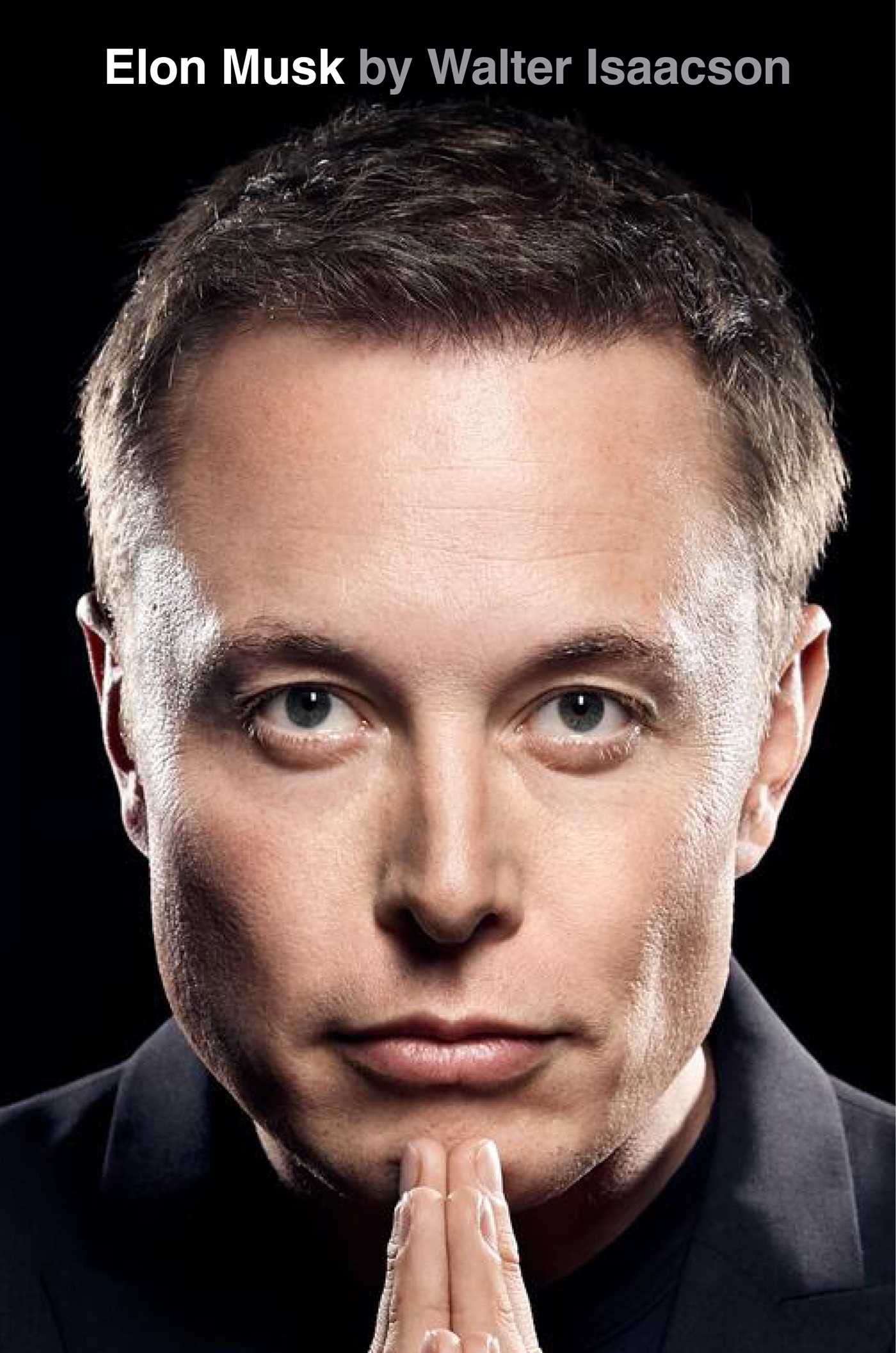5. Escape Velocity
byEscape Velocity became more than just a scientific principle for Elon Musk—it symbolized his determination to break free from a past filled with emotional turmoil and uncertainty. In 1989, at the age of seventeen, Musk made the life-changing decision to leave South Africa, distancing himself from the unstable environment created by his father, Errol Musk. While Errol had moments of warmth and intellectual brilliance, his erratic mood swings and manipulative tendencies often cast a dark shadow over their relationship, creating a household marked by unpredictability and psychological strain.
Despite his father’s background as an engineer, Errol’s behavior often veered into the irrational, most notably in his obsessive attempts to beat the roulette wheel through misguided microwave experiments. Musk, always a believer in logic and data, sought to debunk these theories using programming and mathematics, reinforcing his early reliance on empirical reasoning over speculation. This intellectual independence was a defining trait that not only set Musk apart from his father but also fueled his desire to carve out a future dictated by innovation and scientific progress rather than personal instability.
Errol’s influence on Musk and his brother Kimbal was complex, shaping their perceptions of reality in ways that often blurred the lines between truth and manipulation. He frequently portrayed himself as both a hero and a victim, making it difficult for his children to fully grasp the extent of his influence. This constant psychological tug-of-war forced Musk to develop a mindset that questioned narratives, a trait that later became evident in his disruptive approach to business, where he consistently challenged conventional wisdom and sought alternative solutions.
Years later, Musk’s first wife, Justine Musk, would observe traces of Errol’s personality in him, particularly in his intensity and relentless pursuit of excellence. However, she pointed out a fundamental difference—while Errol’s volatility often led to self-destruction, Elon displayed an unparalleled level of discipline and resourcefulness. His ability to channel his high expectations into innovation, rather than personal chaos, allowed him to harness his ambition for constructive purposes rather than destructive tendencies.
Determined to escape both the emotional weight of his past and the limitations of his home country, Musk fixated on North America as the gateway to greater opportunities. Canada became his first stepping stone, not only because his mother, Maye Musk, was a Canadian citizen, but also because he recognized that it would provide him with a direct path to the United States. Despite his mother’s initial hesitation to leave South Africa, Musk was resolute in his belief that his future lay elsewhere, and he took the necessary steps to secure Canadian citizenship and prepare for the journey ahead.
With little money and only a list of distant relatives to contact, Musk arrived in Canada, navigating a completely unfamiliar landscape with nothing but his ambition and determination. His initial days were spent in youth hostels, experiencing firsthand the challenges of starting over in a new country without financial security or established connections. However, these struggles only strengthened his resolve, reinforcing his belief that success would come not from inherited wealth or privilege but from relentless effort and strategic thinking.
Musk’s decision to leave South Africa was not merely a geographical relocation—it was a symbolic act of defiance against the limitations imposed on him by his past. He understood that remaining in his homeland would hinder his aspirations, and he was unwilling to settle for a life dictated by circumstances beyond his control. This drive to escape and redefine his own future foreshadowed the bold, risk-taking mindset that would later define his ventures at Tesla, SpaceX, and beyond.
The significance of this moment in Musk’s life cannot be overstated, as it marked the first of many instances where he would take enormous risks in pursuit of a greater vision. His willingness to leave behind familiarity and embrace the unknown became a defining characteristic of his career, allowing him to challenge industries that many deemed untouchable. Looking back, his escape from South Africa was not just a personal choice—it was the foundation upon which he would build his legacy, proving that ambition, resilience, and the courage to take risks are the true determinants of success.


